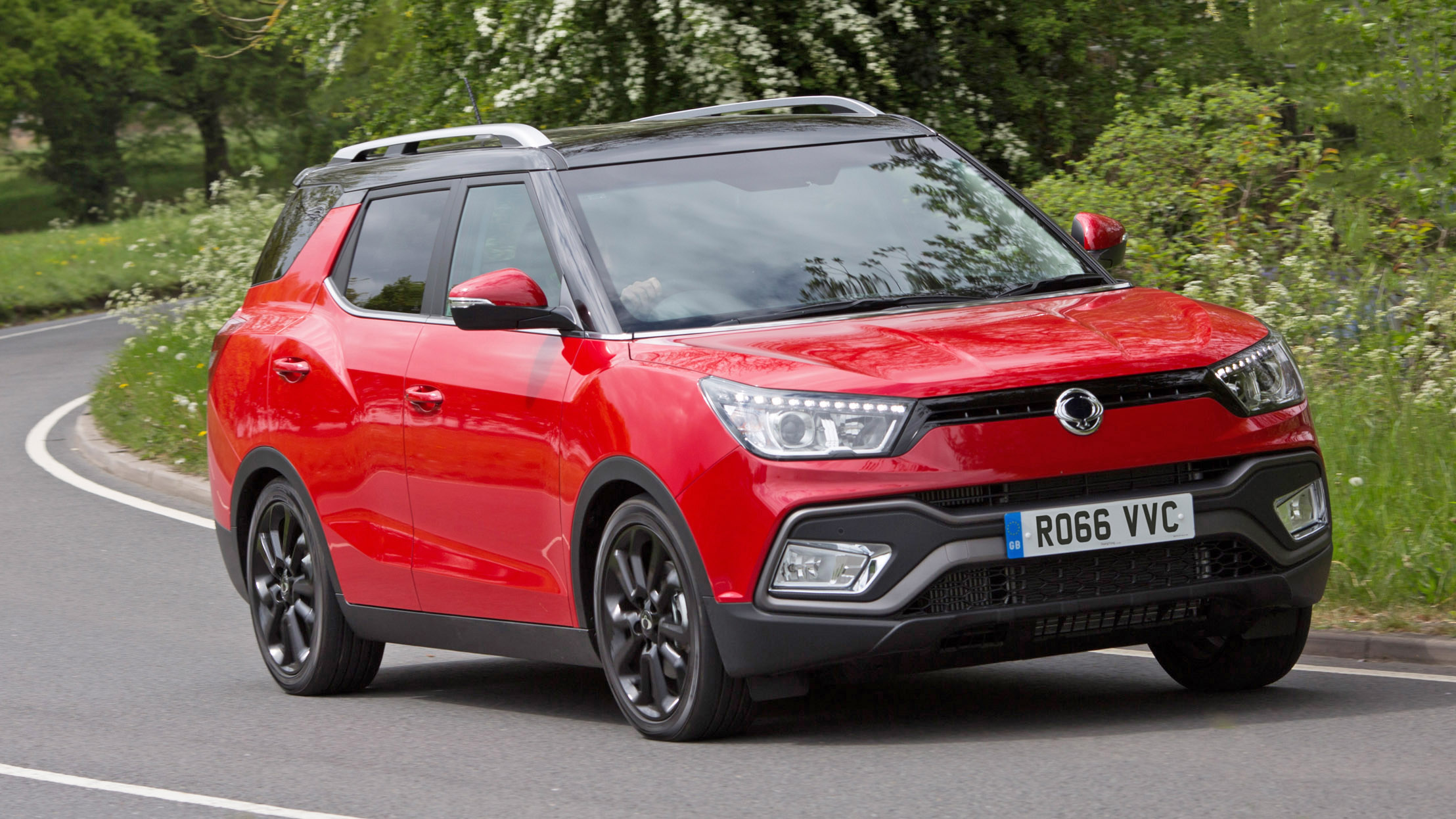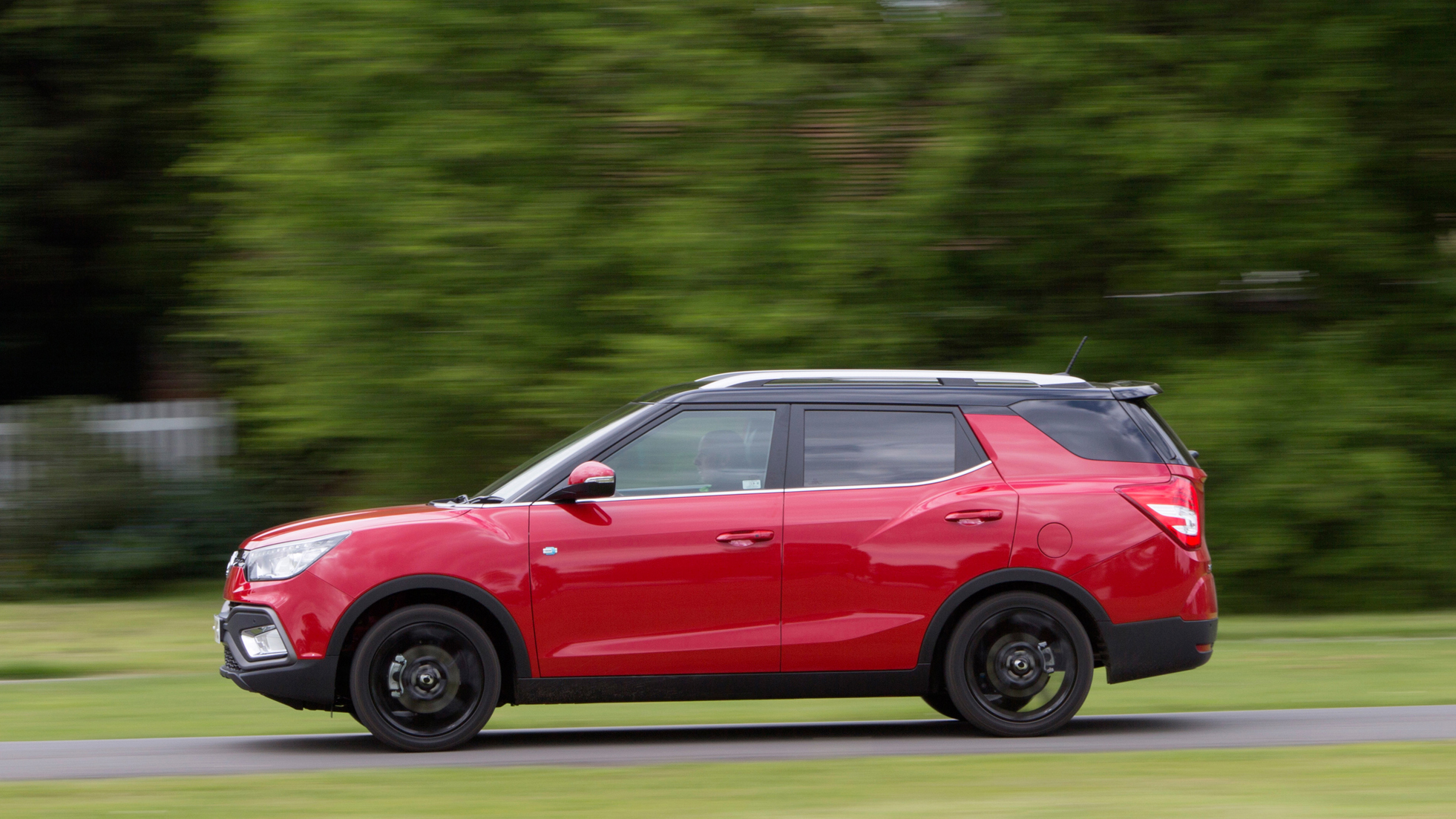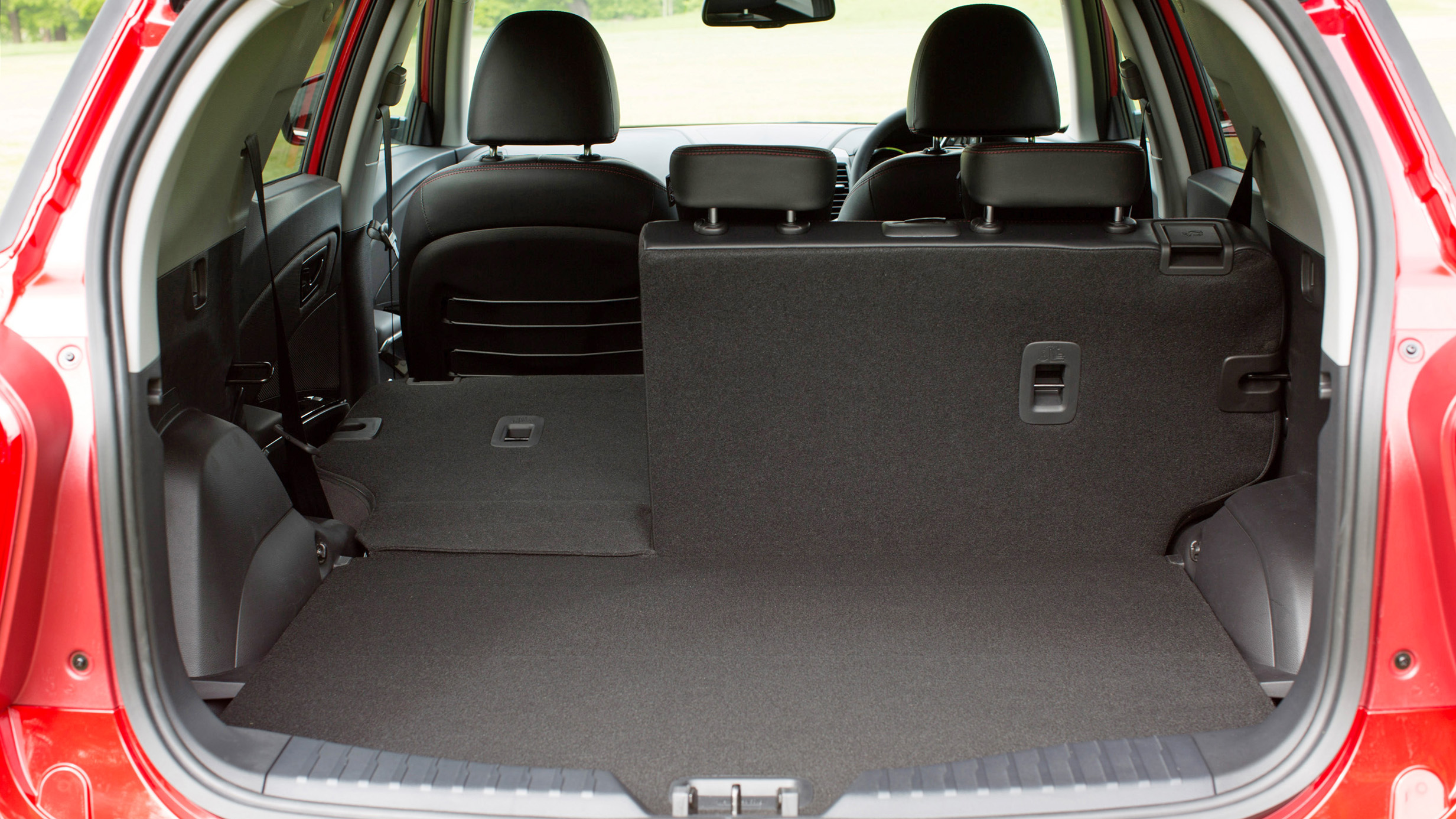
Review: the SsangYong Tivoli XLV
What exactly is a SsangYong Tivoli XLV?
It’s quite, er, something. But let’s not talk about the styling just yet. Instead let’s talk about what it actually is.
In an unexpected turn of events, it’s not BMW or Audi or Mercedes creating yet another niche we didn’t know we needed, but SsangYong. Yes, the budget Korean firm has fully crowbarred open the SUV segment and created what the company is calling an “SUV-estate”.
Loosely translated, that means it's a standard Tivoli with 238mm of rear added, equating to a chunk of extra bootspace – loadspace in the XLV increases to an impressive 720 litres over the standard Tivoli’s 423. So, you could say that what it lacks in style, it makes up for in substance.
Please tell me it’s cheap…
Comparatively speaking, it is. And not only is it cheap, but it’s also good value. Although the XLV is available only as a top-of-the-range ELX specification (with everything included), the 2WD manual costs just £18,250 straight off the forecourt.
Add 4x4 and an auto ’box and the price rises to £20,500 – that’s a full £8,000 less than, say, a top-of-the-range Hyundai Tucson.
But the Tucson looks a lot better.
Now then, be fair. From the front, the Tivoli XLV actually looks pretty good – that grille/headlight design is pretty stylish. Even the front three-quarter angle is acceptable. And it’s a question of personal preference whether you find this or a Tucson (or a Qashqai, or a Kadjar…) more attractive. Each to their own.
But the back end is most unpleasant and I think you’d have to be on SsangYong’s payroll to declare it a thing of rare beauty. We, however, are totally independent and will happily suggest to the XLV design team that it needs to sort out the rear and make it much better.
Top Gear
Newsletter
Thank you for subscribing to our newsletter. Look out for your regular round-up of news, reviews and offers in your inbox.
Get all the latest news, reviews and exclusives, direct to your inbox.
How does it go?
All Tivoli XLVs are powered by the company’s 1.6-litre diesel engine. This puts out 113bhp and 221lb ft of torque, while emissions are measured at 117g/km of CO2.
Zero to 60mph takes 12 seconds and its top speed is 106mph. On the road, it’s actually nicely responsive, especially with the six-speed manual ’box. And, if you head out onto the motorway, you’ll find that it’s keen, doesn’t struggle and doesn’t suffer from excessive road or tyre noise. It’s not exciting, but it is capable.
I’m sorry, it’s no good – I still can’t get over the looks.
Good grief. Maybe you need to hear about the Style Pack. This brings with it zeitgeisty black 18in diamond-cut alloys, a black roof spoiler and body-colour door mirrors. Cost: £400.
OK, I get it – SsangYong is trying.
Yes, and that’s the point. Think back a decade or so: snooty badge snobs were turning their noses up at everything from Skoda to Kia to Hyundai.
Fast-forward to the present day and see how these once-reviled brands are forging ahead and giving the established European carmakers massive headaches. This is a known trajectory, and SsangYong is keen to emulate its fellow Koreans and make the leap to the mainstream.
Good luck to them, but the design team will need to sort out that rear end first…
This is an undeniable truth. But we will watch the company’s progress with interest.
Featured







